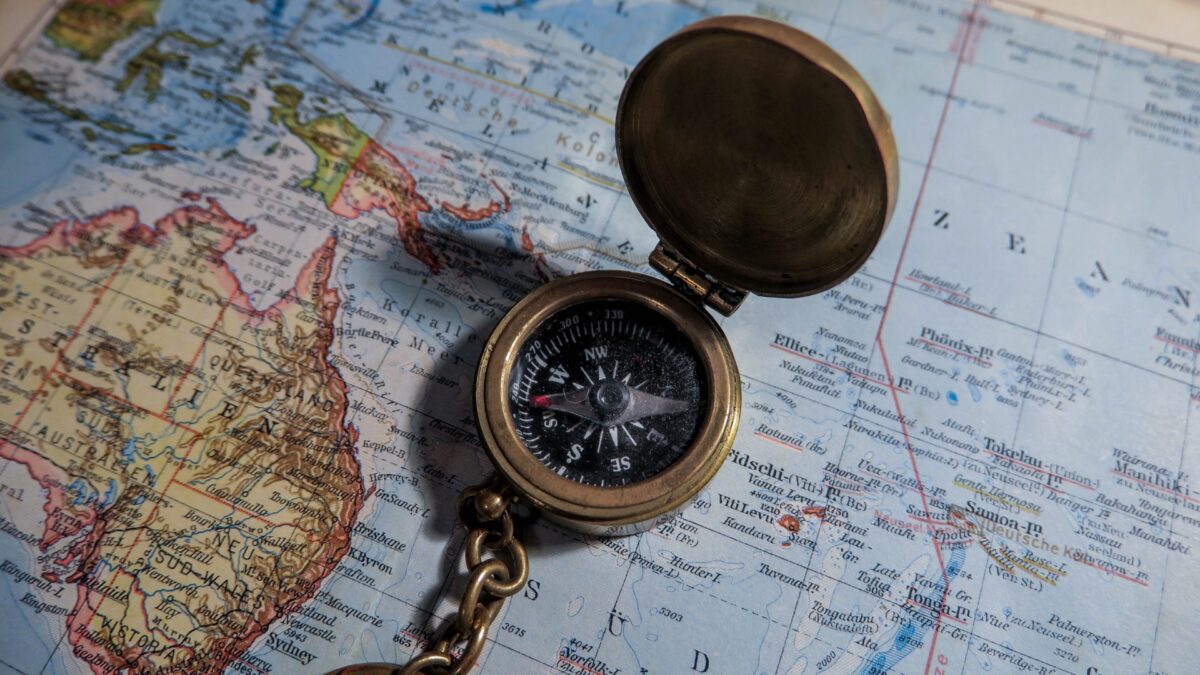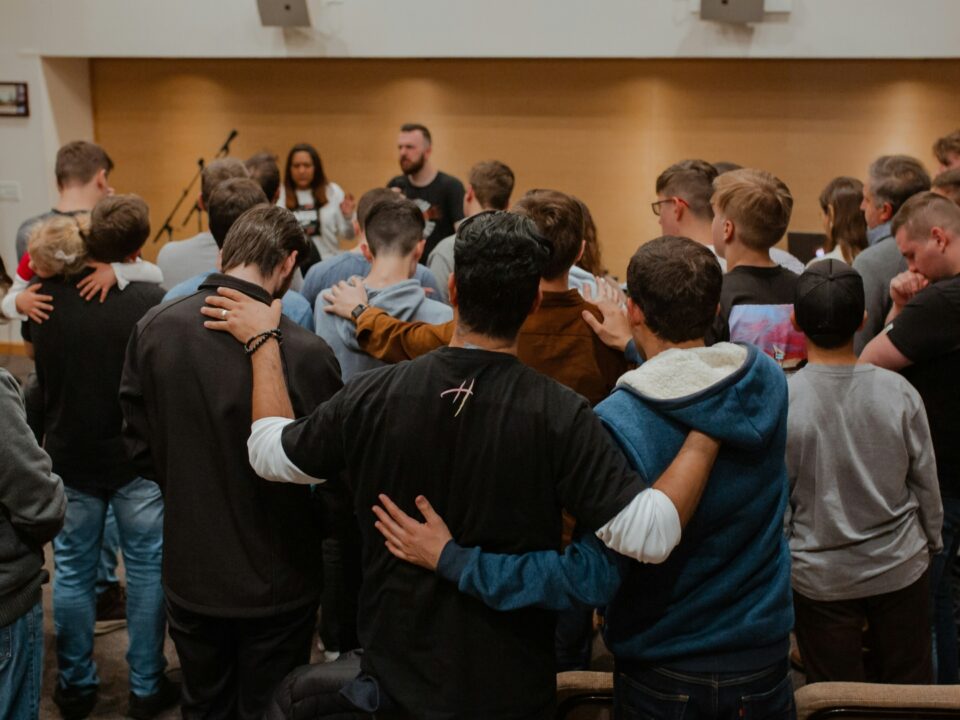Considerations of Missions

We have seen our world go through unprecedented changes in the last 5 to 10 years. Many things have been or are at risk of being cancelled. One thing we do know for sure is that the Great Commission has not been cancelled. How do we respond to this changing world when it comes to world missions? Following are a couple of thoughts.
1. Missions is Everywhere to Everywhere. It used to be said that missions was from the WEST (Europe and USA) to the REST (of the world). Things are changing and this is no longer the case. One of the exciting results of our 73 years as a Fellowship of churches is that we now have churches planted in over 120 countries and they are sending their own missionaries around the world. Download the following link to watch a video of how God has worked through the BBFI — Everywhere to Everywhere. This is a testimony to the faithful work of our missionaries. This does not mean the Great Commission no longer applies to the churches of our Fellowship here in the USA. No! The Great Commission has not been cancelled and won’t be until the Lord returns. This past year, churches like yours gave over $35 million for the cause of missions. This May we look forward to approving five couples and one single with a few more in September.
2. Who are the least reached or unengaged? While a disproportionate share of missions personnel, work and finances continues to be in parts of the world where the majority of the population would self-identify as Christian, there has been a notable increase in awareness of and activity among the nearly three billion people who have yet to hear about Jesus. The language of “people groups” is now common in missions discussions, focusing on ethnic and cultural groups rather than geographic boundaries or countries when considering missions. Click here for more information on the least-reached people groups. There are still some groups without a gospel witness among them. Who will go to them?
3. Migrations in mass. This is perhaps the most recent fact facing our world and our mission. There are more people living outside their country of origin than at any time in history. This can be both a challenge and also an opportunity to reach people. This is true even in the US with people from all over the world coming here. How are we going to reach them? At the same time many believers are working in other countries and they need to be intentionally discipled before they go in order to be witnesses for Christ. The Filipinos are a good example of this. In fact, many Africans have moved everywhere around the world. Here’s an example: There is a true story of a Nigerian man who went to study in China and ended up marrying a Russian woman. After some time, they relocated to his wife’s native country, Russia. There he worked as a teacher in a local school. Do you know what he taught? He was a teacher of the Chinese language! An African, teaching Russians the Chinese language! Africans are going to all places around the world.
4. People are moving to cities. In the past most missions stories pictured a rural, tribal setting. However, today people are moving to the cities on every continent. Fifty percent of the world’s population now live in cities. This has an impact on how we prepare to engage people in missions in these economically and culturally complex settings. How are we going to reach those living in skyrise apartment buildings? How are we going to reach the multitudes in the cities?
For each one of these items mentioned, we need two things.
1. We need to pray for more laborers. Project 938 has been initiated to get more people praying according to Jesus’ command in Matthew 9:38.
2. We need more to surrender to the call of God to GO. There must be an intentional effort to challenge the people, both young and old, in our churches to go. Present the need, that God is calling, and that He will go with them all the way.
The world is changing. Our methods can be adjusted. However, our message is still the same – the Gospel of Jesus Christ.



